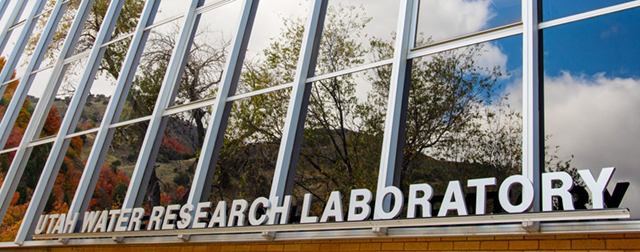Document Type
Report
Publication Date
January 1983
Abstract
Responses of two freshwater lake ecosystems of the Intermountain West to crude oil impaction were investigated. The research was conducted in two phases; in the first phase effects of crude oil were studied on an ecosystem established in three phase laboratory microcosms (gaseous-aqueous-sediment), which simulated the natural lakes. Notable responses of the microcosm ecosystem to oil impaction included: an increased oxygen demand by the biological community, nutrient immobilization, a reduction in plant biomass accumulation and a heterotrophically dominated ecosystem. The increased availability of biologically degradable reduced carbon (i.e., the oil) and nutrient immobilization, rather than toxic effects of oil on plants, were the primary factors leading to a long-term imbalance between autotrophs and heterotrophs following oil addition. The second phase of the research was designed to investigate effects of crude oil on plant litter decomposition in the same two lakes. In general, crude oil reduced the rate and extent of
Recommended Citation
Werner, Martin D.; Adams, V. Dean; and Lamarra, Vincent A., "An Experimental Investigation of the Effects of Crude Oil on Two Freshwater Lake Ecosystems" (1983). Reports. Paper 13.
https://digitalcommons.usu.edu/water_rep/13


